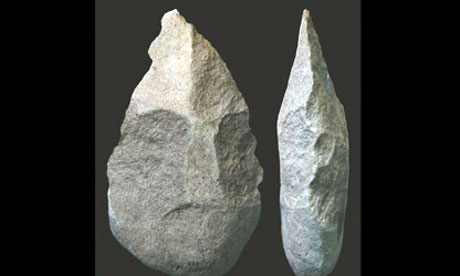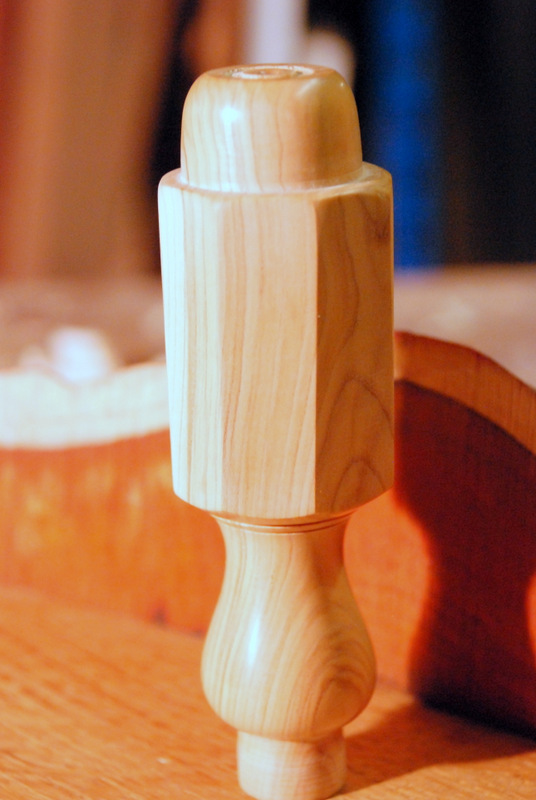bugbear":147n8yfz said:
.....
Some people like beautiful things - apparently you don't.
BugBear
Nonsense. I just think that people shouldn't desperately seek justification for decoration on the grounds of utility - they should recognise it for what it is, whether it's a London pattern chisel handle or a curly saw handle.
Nothing wrong with decoration if you can afford it or the time to do it.
On the other hand modernism is about beauty in simplicity and plain utility. Though there is nothing modern about it - vernacular stuff from the earliest times has often been plain and simple. Tends to get overlooked - people recognise Shaker stuff for what it is (having been told) but don't see it in their own environment when the same sort of simplicity and beauty is found.






